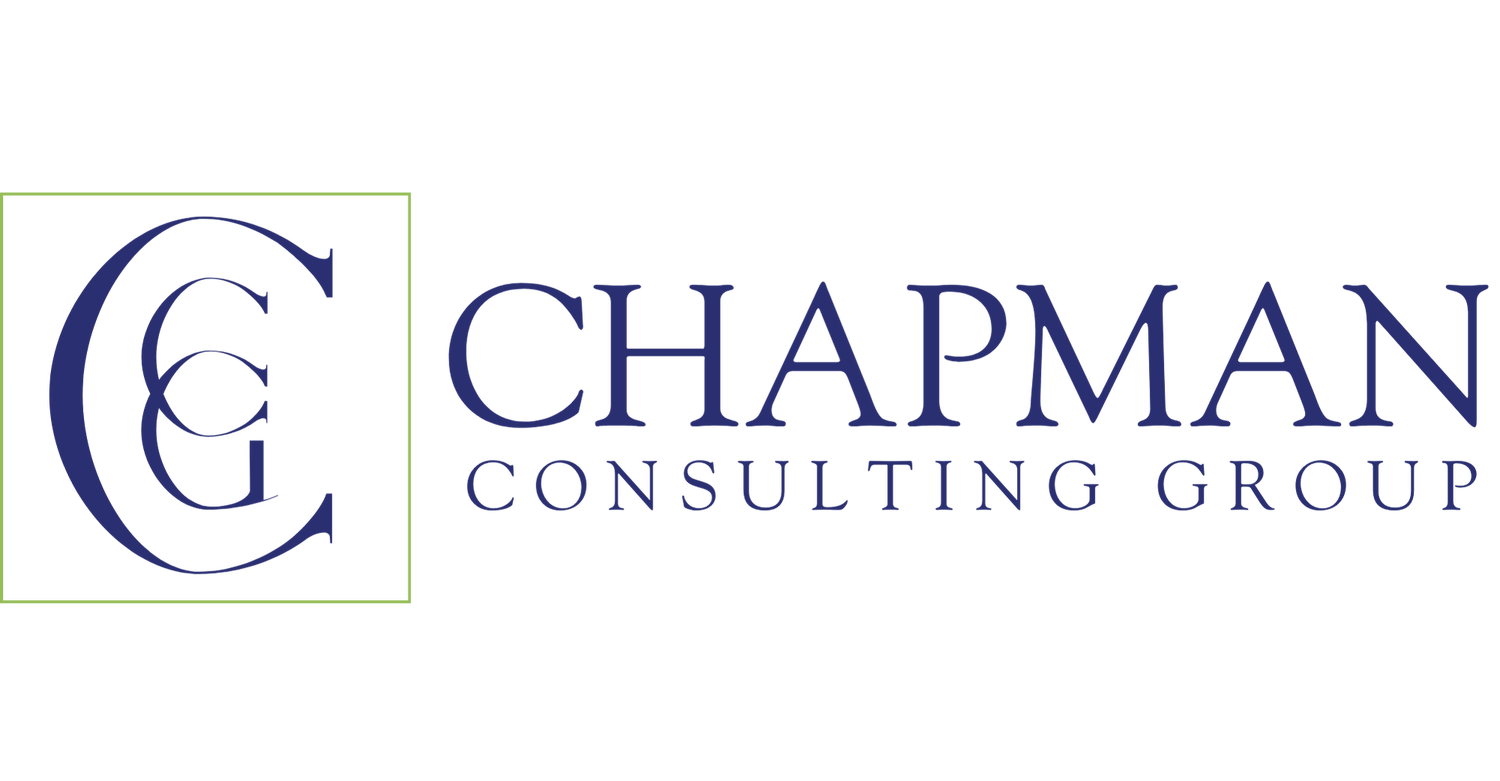Surprise Unanimous SCOTUS Decision Has Massive FCA and White Collar Implications
Paradigm Shift in Enforcement Statutes
Before the Court's current composition, we saw enforcement actions based on false statements expand. This was because interpretations of statutory text of enforcement statutes and regulations saddled entities with various duties to report and disclose. Failure to do so was met with allegations ranging from fraud to non-compliance. This type of executive expansion put the DOJ in the driver's seat of nearly every regulated company in the United States. Things are changing due to the textualist approach adopted by all Justices and the limited government conservative vote of the majority.
Macquarie Infrastructure Corp. V. Moab Partners, L.P.
In a case that was not heavily watched for its potential implications in health care and False Claims Act cases, the Supreme Court issued a surprise today in Macquarie Infrastructure Corp. v. Moab Partners, L.P.
The unanimous Court held that "silence absent a duty to disclose, is not misleading under Rule 10b-5 (a securities rule)". This is not surprising and has been a staple of "materiality" cases for a while. However, the Court held that "the failure to disclose information required by (a securities rule) can support an action only if the omission renders affirmative statements misleading."
Yes, you read that correctly. SCOTUS decided to limit fraudulent omissions to only those that impact affirmative statements. It makes sense. It has a more significant impact if I tell you that I'm going to the grocery store and do not. You might have decided not to go yourself. No one would have been deceived if I had not gone to the grocery store.
Impact for Health Care Providers and Other Government Contractors
Historically, in the FCA context, omissions were made criminal if there was "a duty to report" and a failure to do so. In the healthcare context, providers sign an 855, which allows providers to bill Medicare. This certification requires that the provider comply with all medicare rules and regulations. The government argues that failure to inform Medicare that the entity did not comply with its interpretation of the rules and regulations is a fraudulent omission.
At CCG, we are the top choice for firms looking to protect themselves against Government enforcement. Our unbeatable record of 129 counts of acquittal and $550 million saved for our clients speaks for itself. We are the industry leaders in investigation, litigation, and compliance services, and our team of experienced professionals will fearlessly guide you through even the murkiest of legal situations.


